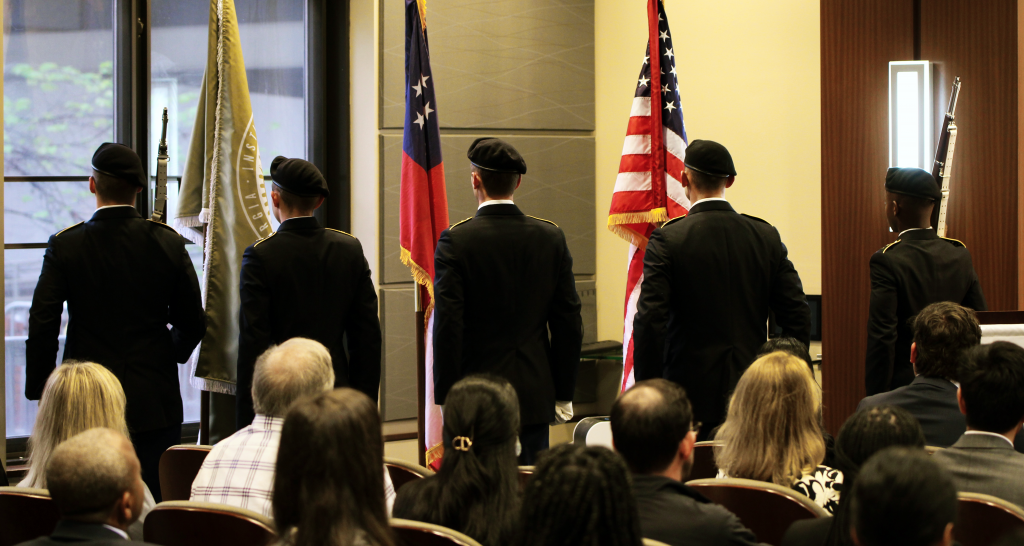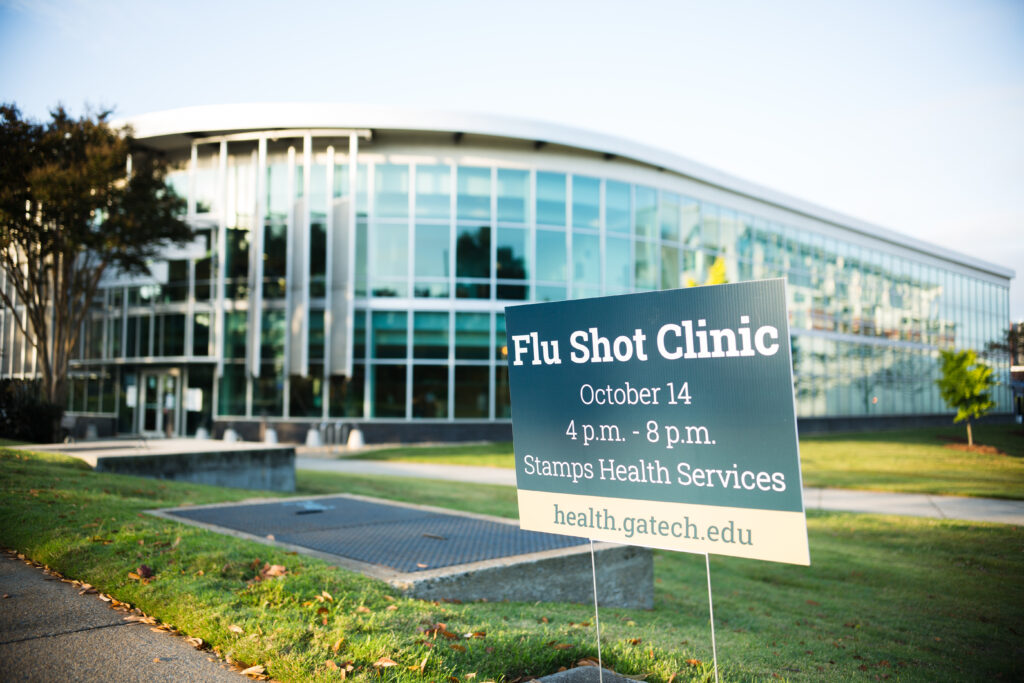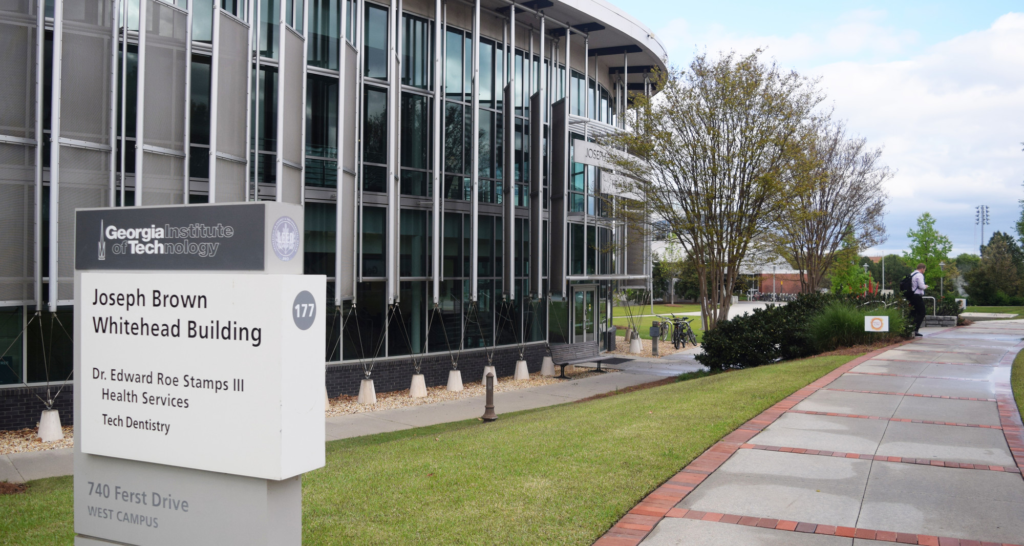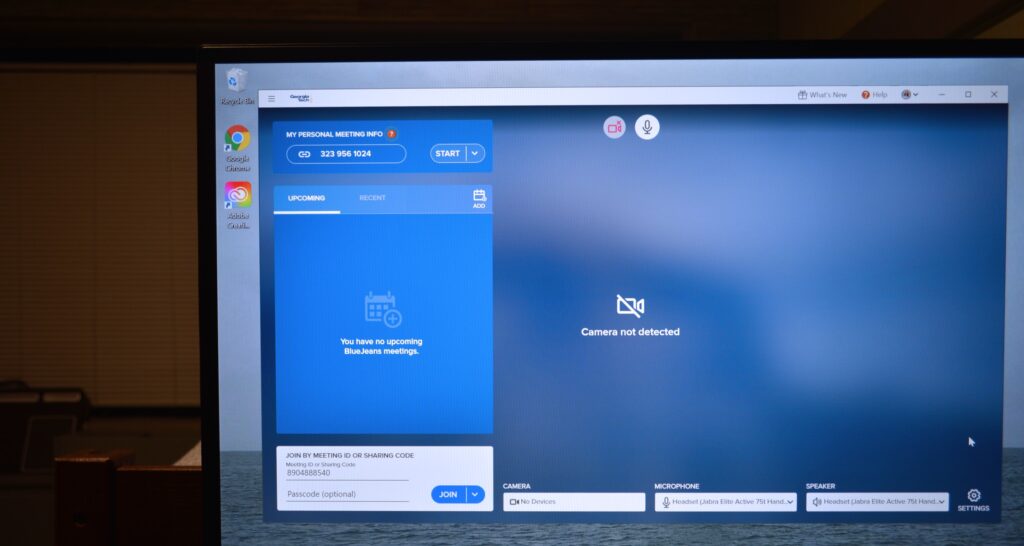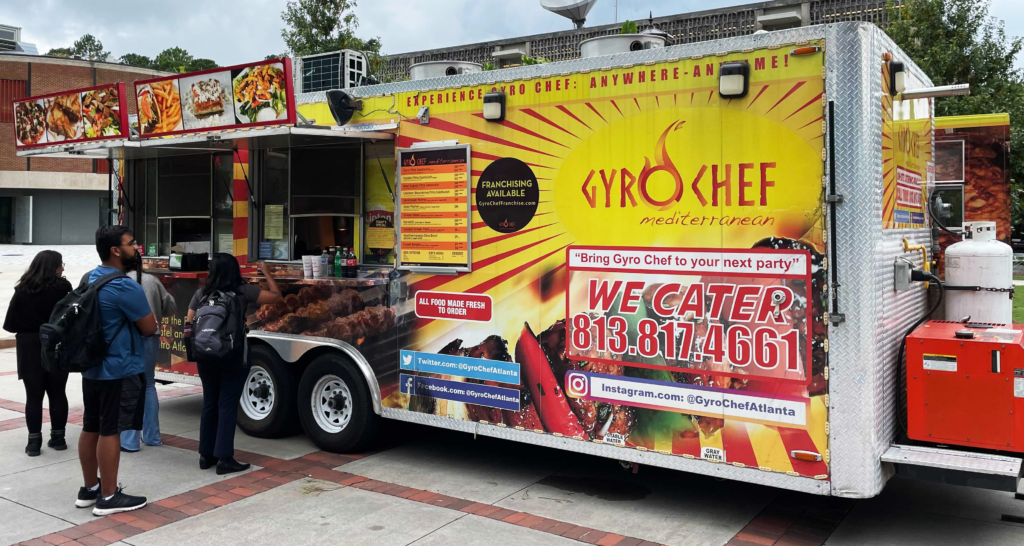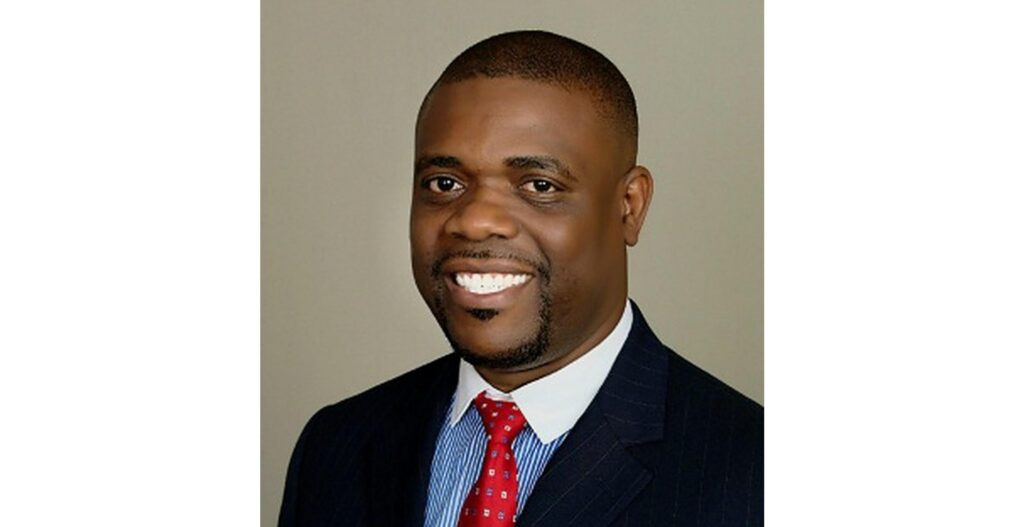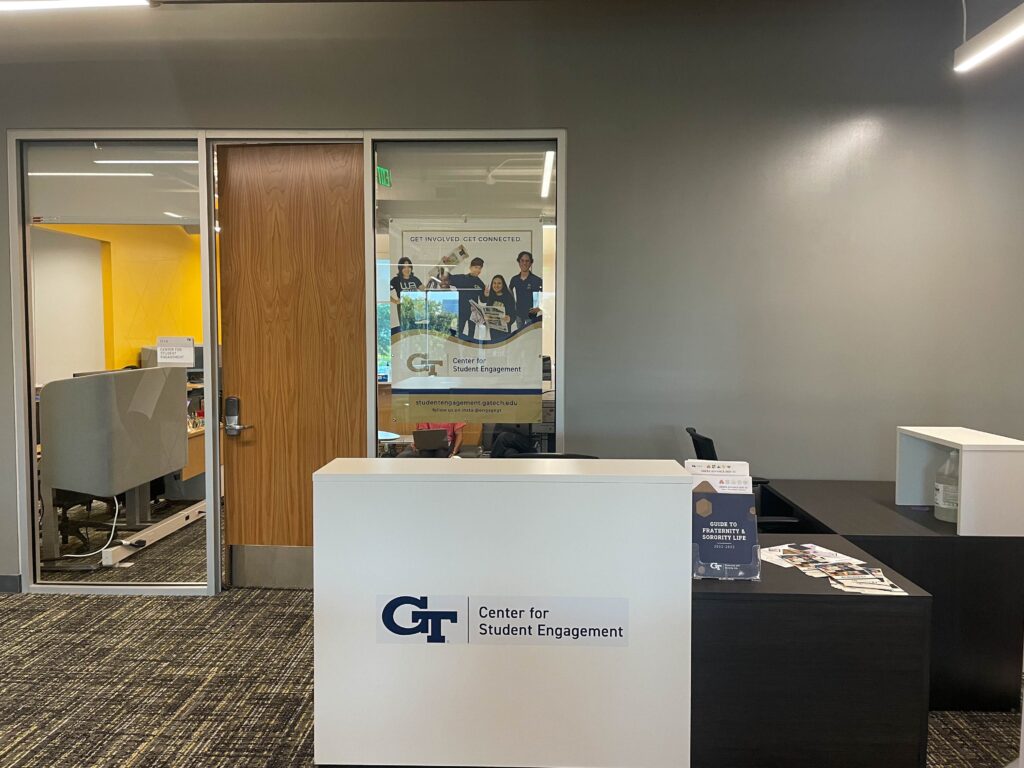
On Aug. 15, the Office of Student Engagement and Well-Being (OSEWB) published its new plan for cultivating health and well-being at Tech and laid out the strategies and goals to be achieved over the next decade.
Officially known as the Cultivate Well-Being Action and Transformation Roadmap, this new report was published one year after the Institute began to implement its Cultivate Well-Being initiatives as part of its Strategic Plan.
With the creation of the OSEWB and Luoluo Hong joining as its inaugural vice president in 2021, Tech reviewed its health and well-being plans and released the road map following comprehensive research and preparation.
Expanding on previous plans, the new road map identifies four main goals: cultural change, capacity and creativity, community and connection, and commitment and continuity.
Together, the goals strive to strengthen prevention efforts and clinical care and raise up positive attributes of the Institute to promote well-being while mitigating the negative ones.
To inform these goals, the OSEWB surveyed Tech students over recent years and compared their findings to national databases to gauge areas for improvement. During the 2021-2022 academic year, the OSEWB also had many discussions with people across campus and identified 10 main themes in the conversations.
Many of these themes revolve around the prominent need for improvement in Tech’s well-being initiatives and the disconnect between student beliefs on the Institute’s health and well-being and what the collected data shows. The four goals each contain a number of strategies underneath them, focusing on the eight dimensions of wellness the Institute recognizes. Some tackle advancing students’ physical health, while others target mental health needs for the campus community.
Together, the strategies take a holistic approach to promoting health and well-being. They also include preventative measures to promote wellness before more involved care is needed.
While Tech aims to ameliorate its infrastructure for promoting health and well-being, the road map also recognizes that “institutions of higher education can strive to impact and influence the context, climates, and correlates that are known to be associated with higher levels of well-being, but ultimately, the unique and complex array and interplay of conditions that contribute to well-being varies from student to student – and can also vary for any one individual throughout the course of their life.”
Implementation of the plan and its effects may seem slow, but the road map is designed to be flexible, allowing for unexpected events or findings to alter its course to offer more individualized care.
The road map’s strategies will be implemented throughout the next three academic years, and the progress on achieving the goals will be evaluated and adjusted until 2030. The report also emphasizes the role social justice plays in achieving overall wellness at the Institute.
Achieving the outlined goals will take time and effort, but leadership on campus remains optimistic about the expected changes.
“We had a lot of complaints of students feeling like some of the programs Tech offers, specifically regarding mental health, they didn’t really live up to [students’] expectations under those goals,” said Julia Johnson, fourth-year PUBP and the Vice President of Well-Being within the Undergraduate Student Government Association (SGA). Johnson highlighted certain changes SGA was excited for, like the creation of the Center for Mental Health Care & Resources from existing well-being departments.
Johnson also reported that SGA wants to act as a liaison between the student body and administration for concerns about health and well-being.
A recent example of this was bringing to light concerns students had about the Institute’s reduced COVID-19 response and organizing a town hall to promote discussions on this issue.
“We don’t want to just be reactive; we want to be proactive in some of the things that we’re pursuing,” Johnson said about other wellness initiatives.
While she said they have been disappointed in the lack of deliverables from the Cultivate Well-Being goals, Johnson hopes SGA will be included in these and help to promote health and well-being for students going through both good and bad times at Tech.
Students may also reach out to the SGA Well-Being Board through their website to report concerns or advocate for initiatives on campus.
Hong, as the Vice President for Student Engagement and Well-Being, is also proud of the road map’s goals and excited for the changes it entails.
“Improving the health, wellness and well-being of students will not just be about initiatives and strategies. It will require deep, lasting cultural change — really taking a hard look at our values, our attitudes and beliefs, and our assumptions about what is ‘normal’ and accepted,” Hong said.
She also highlighted the importance of the data collection to inform the road map, as “knowing students’ reality helps create alignment between perceived problems and stated goals” and lead to better results.
Hong’s outlook emphasizes the notion that improving well-being at Tech may take time, but is necessary to create a lasting impact.
“Cultural change work requires persistence and patience, because it does not happen in one semester, or even one year,” Hong said. “In my experience with other institutional culture change efforts, it generally takes 3-5 years of concerted, sustained effort — and that assumes everyone is onboard with the direction we are headed: students, staff, faculty and administration.”
As the enactment of the road map’s strategies are just beginning to go into effect, students may notice new initiatives and programs popping up around campus. All members of the Tech community can help foster a greater sense of well-being at the Institute, and may find the road map on the OSEWB website.

